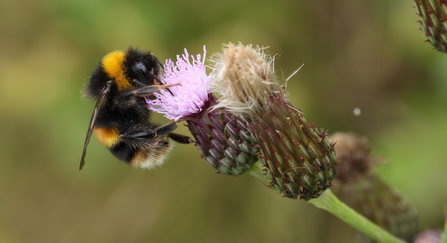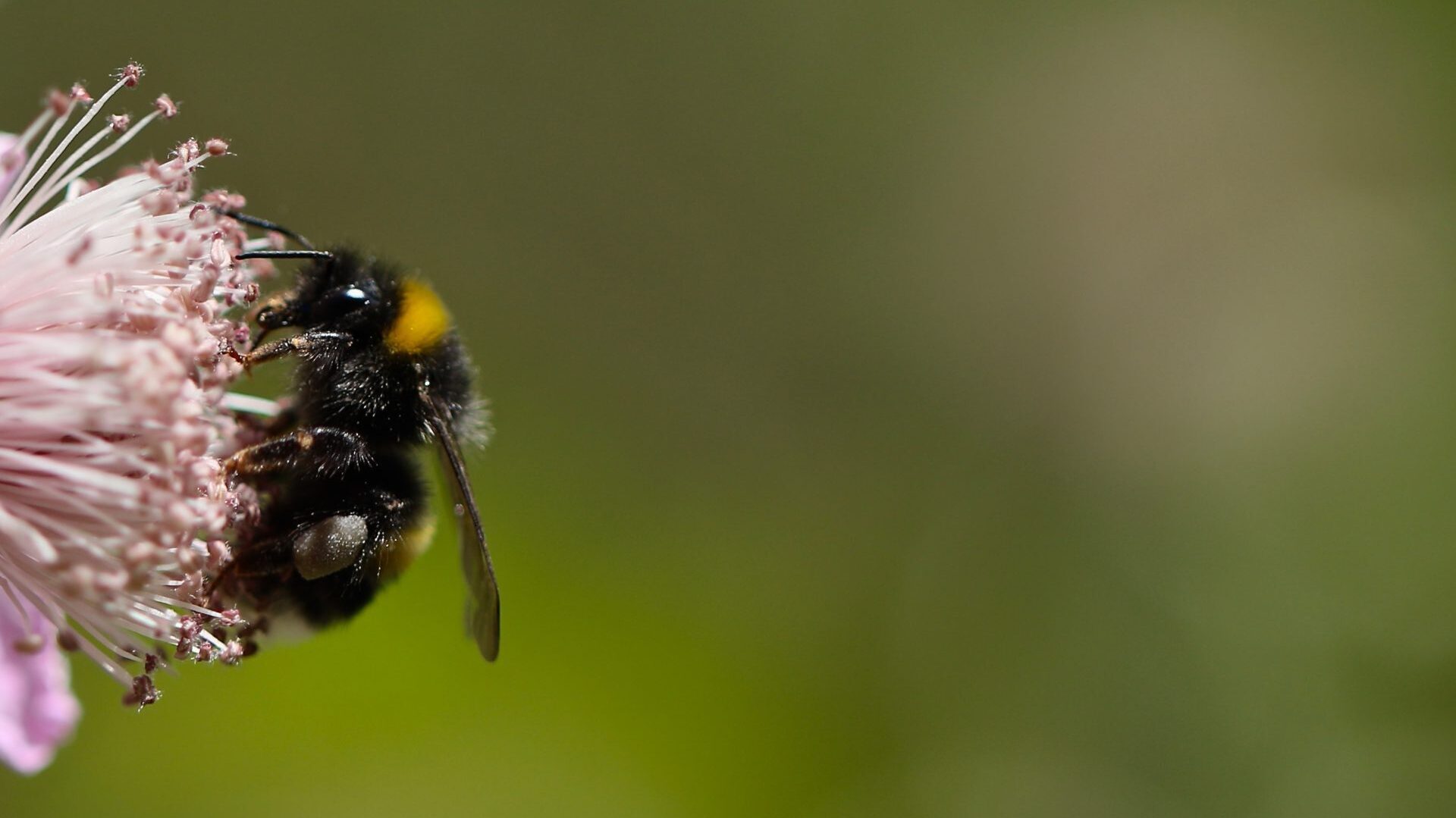‘Emergency’ authorisation to use a highly damaging neonicotinoid has been approved by the UK Government, despite nearly 15,000 people calling on them to choose better support for farmers and thriving wildlife, instead of bee-killing pesticides.
On 18th January 2024 the UK Government’s Farming Minister, Mark Spencer, approved ‘emergency’ authorisation for the use of the highly damaging neonicotinoid, Thiamethoxam, on sugar beet for the fourth year in a row. This pesticide has been banned in the UK since 2018 but has been approved for use on sugar beet crops in England. This announcement comes despite an industry commitment to end reliance on the banned pesticide by 2023.
Thiamethoxam is lethal – even a miniscule trace of this toxin can disrupt a bee’s ability to navigate and reproduce, significantly reducing the chance of survival. With a third of UK food crops pollinated by insects, and their contribution to the UK economy estimated at hundreds of millions of pounds per year – our food system cannot function without bees.
Research published in 2023 found harmful neonicotinoids present in more than 10% of English rivers, home to 3,800 invertebrate species, despite a widespread ban of these chemicals in 2018. Today’s decision will put the health of these rivers at even further risk.
Take action – sign the petition to British Sugar asking them to support neonic-free farmers.

Ian Cracknell, Advocacy Officer at Sheffield & Rotherham Wildlife Trust, says:
“The Farming Minister’s decision to authorise the use of a banned neonicotinoid pesticide on sugar beet for the fourth year in a row is a backwards step in evidence-based decision making, and a betrayal of nature-friendly farmers who are producing food sustainably.
“Just as the Office for Environmental Protection has published a report revealing UK Government is still not on track to meet its own environmental commitments, our politicians have once again chosen to support short-term corporate profits at the expense of nature and the long-term sustainability of farm businesses.
“Sheffield and Rotherham Wildlife Trust are disappointed that this decision ignores a third of sugar beet farmers in England who have chosen not to use this chemical in previous years. It is entirely possible to produce food in a way that helps rather than harms nature.”
Approximately fifteen thousand people wrote to Mark Spencer, the Farming Minister, asking him to provide more support for farmers, healthy wildlife, and unpolluted soils and rivers – instead of another year of banned, toxic chemicals.
Rather than repeat authorisations for toxic chemicals, we want to see British Sugar and the UK Government offer more support to transition away from harmful pesticides like these, which threaten the future of our farming and natural systems. This should include providing routes to market for farmers growing non-neonic treated sugar, and providing targeted financial support for non-neonic beet growers to cover additional risk currently taken on by the farmer.
The Wildlife Trusts submitted a formal complaint about the Minister’s decision to grant authorisations in previous years to the Office for Environmental Protection (OEP) in June 2023, which is still under consideration. The UK Government’s decision to authorise this chemical is in contradiction with the OEP’s recent report: Progress on improving the natural environment in England. The report states that UK Government’s efforts to manage exposure to chemicals and pesticides has been limited and they it is largely off track to meet its commitments.
Take action – sign the petition to British Sugar.
